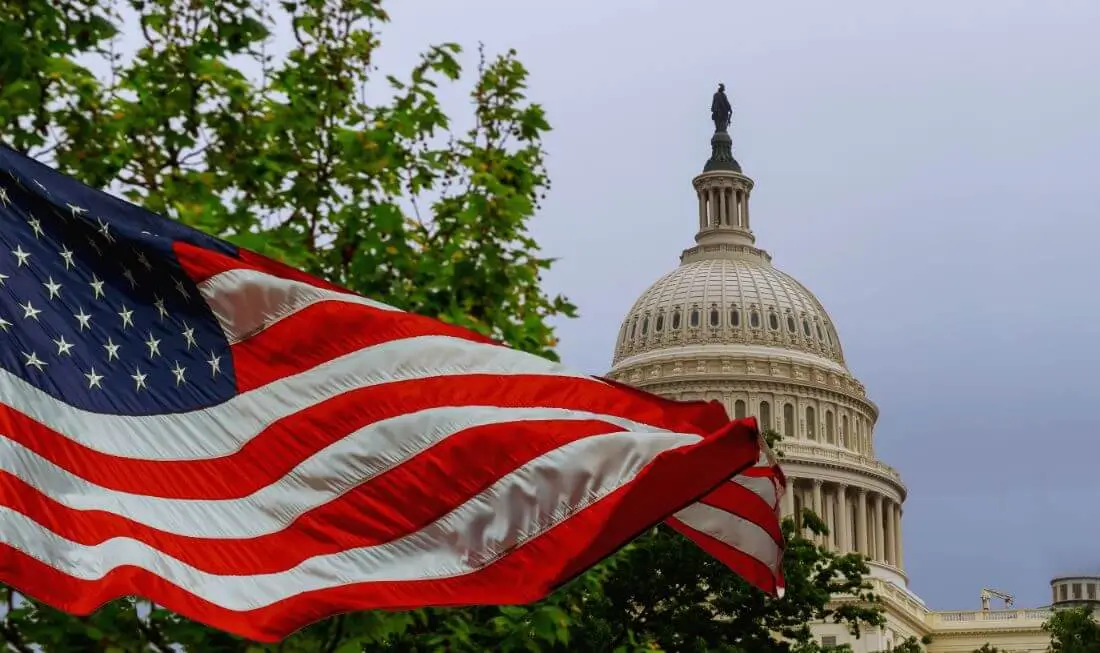
The Subletting and Subcontracting Fair Practices Act, also known as the Subcontractor Listing Law, allows a direct contractor to request a substitution of a subcontractor from a public owner. The Subcontractor Listing Law, however, is silent as to whether the public entity itself may require a direct contractor to make a substitution.
The Court of Appeal recently took up the issue in Synergy Public Management, Inc. v.City and County of San Francisco.
The facts of the case were that the City’s direct contractor, Ghilotti Bros., had listed Synergy Public Management in its bid to perform excavation and utilities work. The direct (prime) contract included the following provision:
When a Subcontractor fails to prosecute a portion of the Work in a manner satisfactory to the City,Contractor shall remove such Subcontractor immediately upon written request of the City, and shall request approval of a replacement Subcontractor to perform the work in accordance with Administrative Code section 6.21(A)(9) and the[Act], at no added cost to the City.
During the performance of its work,Synergy broke five gas lines and improperly shored trenches on numerous occasions which could have led to street subsidence. As a result, the City directed the direct contractor, Ghilotti, to immediately remove and replace Synergy from the project.
The City then initiated a substitution proceeding under the Subcontractor Listing Law. At the proceeding, Ghilotti and Synergy argued that the administrative hearing officer did not have jurisdiction to hear the matter because the public entity, not the direct contractor, was seeking to replace the subcontractor.
On appeal, the Court of Appeal disagreed, noting that case law “does not establish that the prime contractor must always request a substitution for there to be jurisdiction for a hearing under the Subcontractor Listing Law. To view entire article, click here.
For additional information, contact Chad Wilson: [email protected]